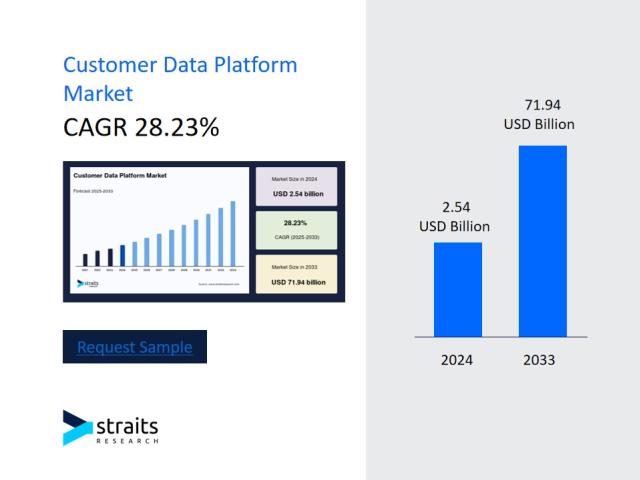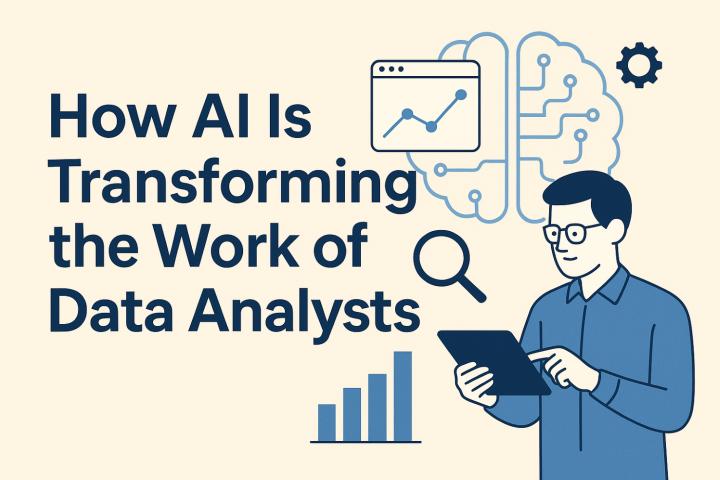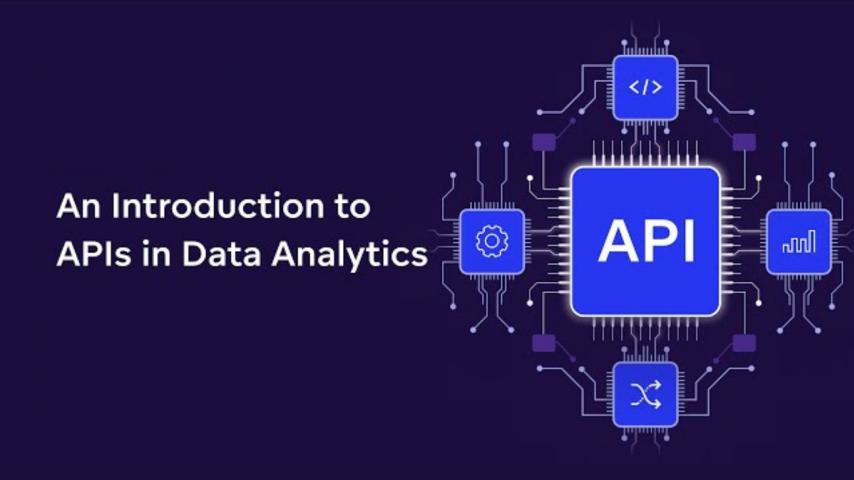As businesses increasingly rely on data to inform strategic
decisions, the importance of Cloud
Data Warehouses (CDWs) has surged. These platforms are not only crucial for
storing vast amounts of data but are also evolving rapidly due to advances in
artificial intelligence (AI) and machine learning (ML). These technologies are
set to transform CDWs by enhancing their capabilities in data integration,
governance, and predictive analytics, ultimately driving innovation across
industries.
Enhanced Data Integration
One of the most significant advances in CDWs is the
integration of AI and ML algorithms to streamline data integration processes.
Traditionally, integrating data from various sources into a CDW has been a
time-consuming and complex task. However, with AI-driven automation, businesses
can now significantly reduce the time required to ingest, clean, and prepare
data for analysis.
Machine learning algorithms can learn from historical data
integration patterns and make intelligent recommendations for integrating new
data sets. This capability enables organizations to respond more rapidly to
changing business needs, making real-time analytics and insights more
attainable. As a result, businesses can leverage their data more effectively to
inform strategic decisions and gain a competitive edge.
Improved Data Governance
Data governance is another critical area where AI and ML are
making a substantial impact on CDWs. Effective data governance ensures that
data is accurate, consistent, and secure while complying with regulatory
requirements. With the increasing volume of data being generated and the
complexity of data management, traditional governance methods are becoming
inadequate.
AI and ML technologies can enhance data governance by
automating compliance checks, monitoring data quality, and identifying
potential security risks in real time. For instance, machine learning
algorithms can analyze usage patterns and detect anomalies that may indicate
unauthorized access or data breaches. This proactive approach not only improves
data security but also helps organizations maintain compliance with regional
regulations and industry standards.
Predictive Analytics Capabilities
Predictive analytics is transforming the way businesses make
decisions by enabling them to forecast future trends based on historical data.
The integration of AI and ML into CDWs allows organizations to harness their
data for advanced analytics, turning historical insights into actionable
predictions.
For example, businesses can utilize predictive analytics to
forecast customer behavior, optimize supply chain operations, and enhance
marketing strategies. By leveraging the power of AI, organizations can create
more accurate models that adapt to changing conditions, leading to better
decision-making and resource allocation. This shift towards data-driven
predictions is particularly beneficial in industries such as finance, retail,
and healthcare, where timely insights can significantly impact profitability
and operational efficiency.
Tailored Solutions Through Collaborations
The future of Cloud
Data Warehouse is not solely about technological advancements; it also
involves strategic collaborations between cloud providers and industry-specific
solution providers. These partnerships facilitate the development of tailored
CDW solutions that address regional business challenges and compliance
requirements.
By collaborating with industry experts, cloud providers can
better understand the unique needs of different sectors, leading to the
creation of customized solutions. For instance, healthcare organizations may
require specific compliance features related to patient data, while financial
institutions may need enhanced security measures for sensitive transactions.
Tailored CDWs will enable organizations to leverage the full potential of their
data while ensuring compliance with local regulations.
Conclusion
Advances in AI and machine learning are driving significant
innovation within Cloud Data
Warehouse, offering enhanced functionalities for data integration,
governance, and predictive analytics. As businesses continue to seek efficient
and compliant ways to manage their data, the collaboration between cloud
providers and industry-specific solution providers will further facilitate the
development of tailored solutions that address unique regional challenges.
Embracing these innovations will empower organizations to make more informed
decisions and maintain a competitive edge in an increasingly data-driven world.














